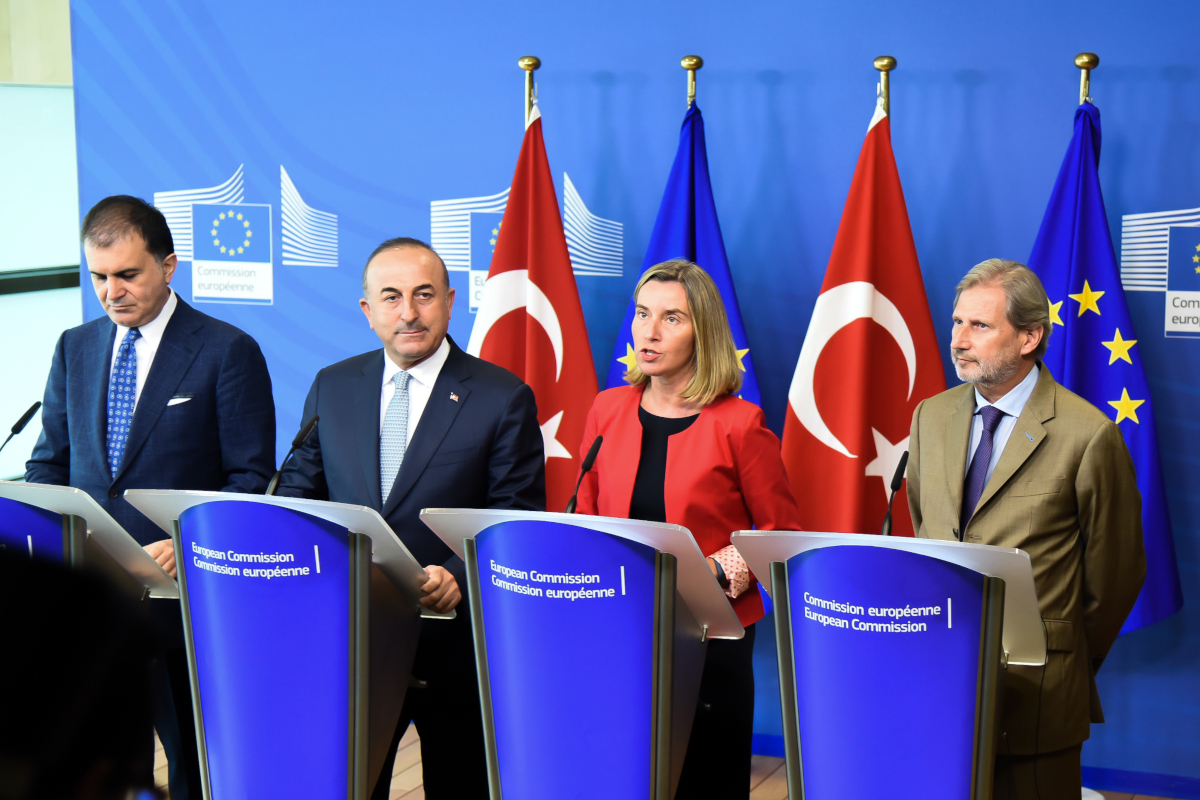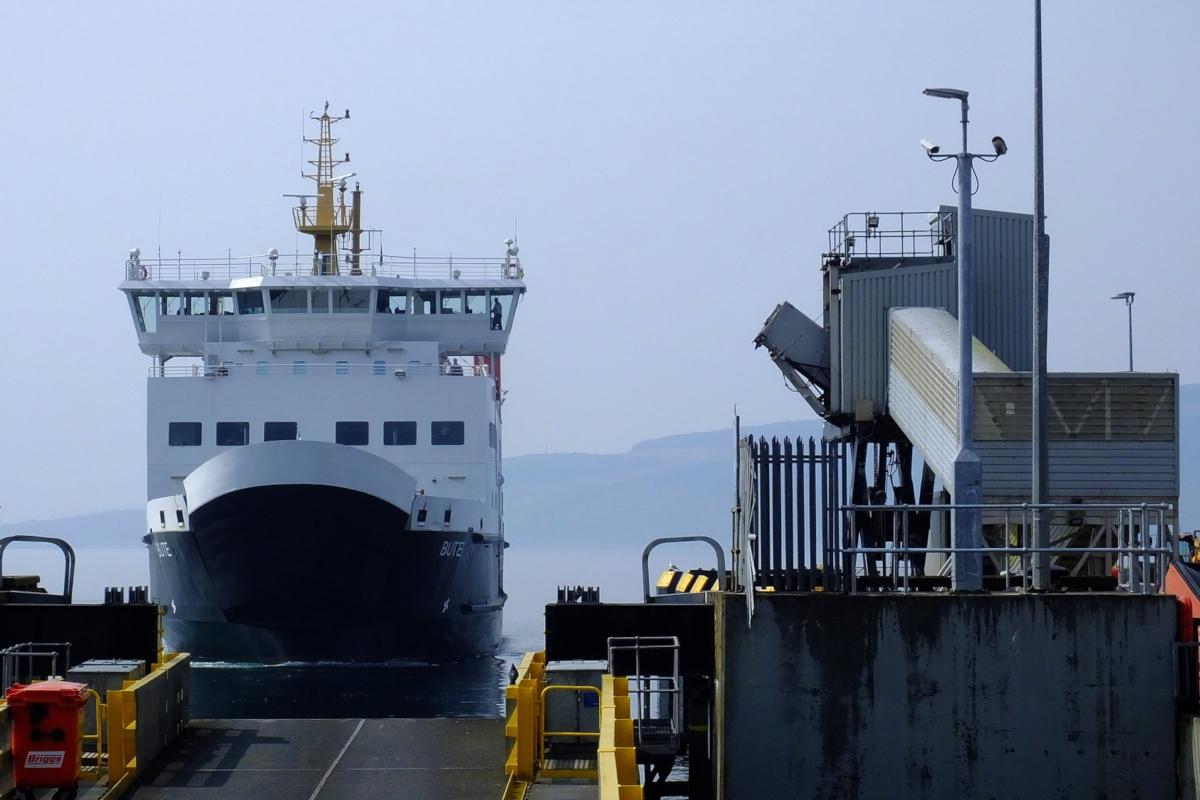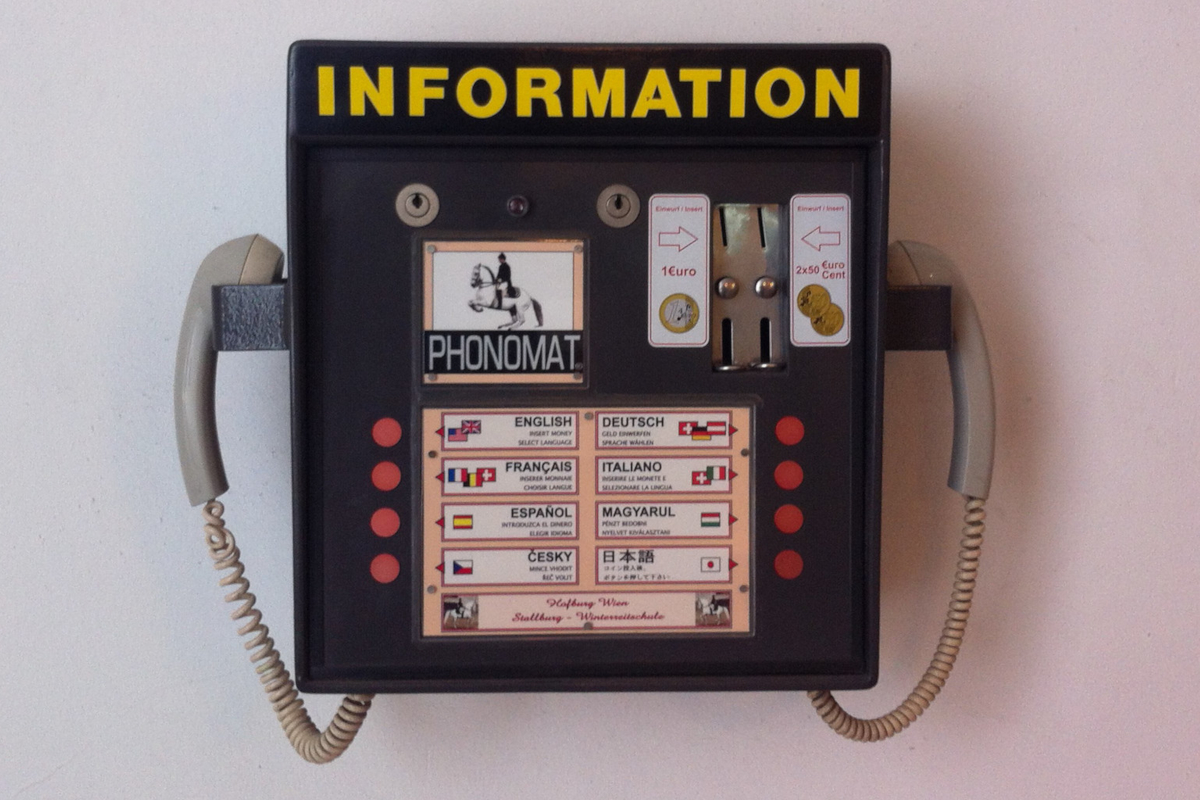Netherlands liable for human rights violations in Greek refugee camps
Topic
Country/Region
27 March 2023
Press released issued by Boat Refugee Foundation on 20 March 2023.
Support our work: become a Friend of Statewatch from as little as £1/€1 per month.

Image: European External Action Service, CC BY-NC 2.0
Exactly seven years after EU countries struck a deal with Turkey to manage the large number of people who sought safety in Europe, Amnesty International, Vredesorganisatie PAX, Defence for Children and Boat Refugee Foundation are holding the Dutch government liable for the consequences of the so-called EU-Turkey deal. People on the run have been exposed to unnecessary harm and structural violation of their rights. Tens of thousands of people were trapped in appalling and degrading conditions on the Greek islands.
As president of the Council of the European Union, the Netherlands had an important role in the creation and implementation of the deal and could have foreseen that things would go wrong. The Netherlands is therefore liable and deals like this should not be concluded again.
QT Dagmar Oudshoorn (Amnesty Netherlands): 'Our government could have known through warnings from NGOs that the EU-Turkey deal would lead to human rights violations. Amnesty also warned the government in 2016 that this would be a historic mistake. It is distressing that many politicians, including our own prime minister, are still proud of the EU-Turkey deal.'
Liable
The EU-Turkey deal was concluded in March 2016 at a time of political turmoil. Member states did not want - and still do not want - to take responsibility for refugees and a lasting solution seems far away. This led to the infamous EU-Turkey deal, which was supposed to stop people coming to Europe. Turkey received six billion euro and an expanded visa regime for this.
The deal allowed Greece to return people to Turkey who irregularly crossed from Turkey to the Greek islands. This even though it was already clear that Turkey was not a safe country because it could not meet the basic needs of refugees. In addition, Greece had a dysfunctional asylum system. In practice, this left refugees and migrants stuck on the Greek islands for long periods of time in poor conditions.
The deal also stipulated that European countries would take over a Syrian refugee from Turkey for every Syrian taken back. In practice, this resettlement agreement is not working. Since 2016, thousands of refugees and asylum seekers have been stuck for years in degrading conditions on the Greek islands. Overcrowding, a lack of education, medical and sanitation facilities, excessively long asylum procedures, structural insecurity and exposure to physical and sexual violence, and a lack of adequate food, among other conditions, have been prevalent in recent years. Yet the deal remains in place year after year.
Esther Vonk, Director of Boat Refugee Foundation: 'We saw the harrowing consequences of the deal every day in our clinic on Lesbos. Our team could hardly cope with the enormous need for emergency medical and psychological assistance. Such deals must never be made again.'
Responsibility
In 2017, the EU Court of Justice ruled that the deal with Turkey was not concluded by the EU as a whole, but by individual member states. Thus, the European Union cannot be held responsible. Therefore, the organisations are taking the step of holding the Dutch state as a member state (co-)responsible for the creation and consequences of the deal.
From the outset, the conditions in the camps do not meet the minimum requirements for reception and procedures. Moreover, the situation violated several fundamental rights included in the European Convention on Human Rights, the EU Charter, the Refugee Convention and the European Union asylum directives. Children's rights are also structurally violated.
Human rights check necessary
By signing the deal, the Netherlands contributed to the situation on the Greek islands. In addition, the Netherlands maintained the deal when it was clear that things were going wrong. Therefore, we hold the Dutch government liable for wrongful acts. After years of campaigns, reports and warnings, the organisations see no other way to hold the Dutch government accountable. It is unacceptable that refugee deals in Europe are apparently concluded without a thorough human rights check.
Deals should not be drafted in such a way that victims of the consequences of the deals cannot hold anyone accountable. There should be no gap in legal protection that allows countries to avoid responsibility.
We seek a dialogue with the Dutch government on recognising legal responsibility for concluding and continuing to support the EU-Turkey deal. In doing so, we want to ensure legal redress by the government and the conditions for any future migration deals: these should not be concluded if they foreseeably lead to human rights violations and without parliamentary scrutiny. Should the Dutch government not acknowledge its liability, the second step will be that the organisations will file a lawsuit against the Dutch state.
Amnesty International
Boat Refugee Foundation
Defence for Children
Vredesorganisatie Pax
Monday 20th of March at 12.00, the directors of the NGOs will be present at the Hofvijver in The Hague and will be available for interviews then.
Our work is only possible with your support.
Become a Friend of Statewatch from as little as £1/€1 per month.
Spotted an error? If you've spotted a problem with this page, just click once to let us know.

